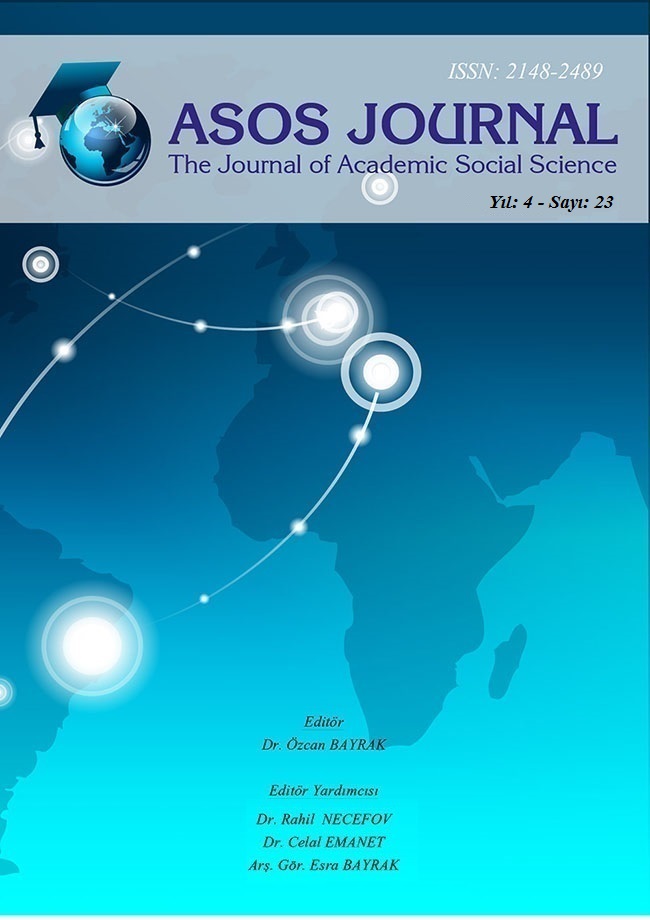Author :
Abstract
Franz Schubert’in Fa minör Fantasia piyano dueti, Op. 103 (D. 940), Romantic piyano literatüründe en sevilen eserlerden biridir. Schubert’in el yazısıyla yazdığı defterdeki notası incelendiğinde bu eserin yayınlanan şeklinde, bugüne kadar icra edilmeyen bir Re majör marş bölümünün olduğu görülmektedir. Bu çalışmada, marşın öneminin bütününden kopuk bir parça olarak incelenmesi amaçlanmaktadır. El yazması versiyonunda var olan bu marş, eserin yayınlanmış versiyonunda bulunmuyorsa, bu durumun eser ve marşa etkisi nasıl olur? Bunun gibi bir soru ıskartaya çıkarılmış bir müzik parçasına belki kendi bestecisinden bile daha yüksek bir seviyede önem verilirse ancak ortaya çıkar. Bu kullanılmamış Re majör marş, müzikologlar ve Schubert’i sevenlere böyle bir fırsat vermektedir.
Keywords
Abstract
Franz Schubert’s Fantasia in F minor for Piano Duet, Op. 103 (D. 940), is one of the most beloved compositions in the Romantic piano literature. Examination of Schubert’s autograph sketchbook, where the composer wrote in his own handwriting the original version of the score, reveals the existence of a march in D major that does not appear in the published score and is not heard in performance. This paper discusses the significance of the march in light of a musical fragment or unfinished piece of music. If in the public version of the composition the march is not heard, what impact does this have on our perception of the work, and what status should be given to the march? A question like this arises only when one considers a piece of music that has been discarded as possessing a higher level of importance than even the composer may have given it. The unused march in D major provides the scholar and lover of Schubert’s music with such an opportunity.





